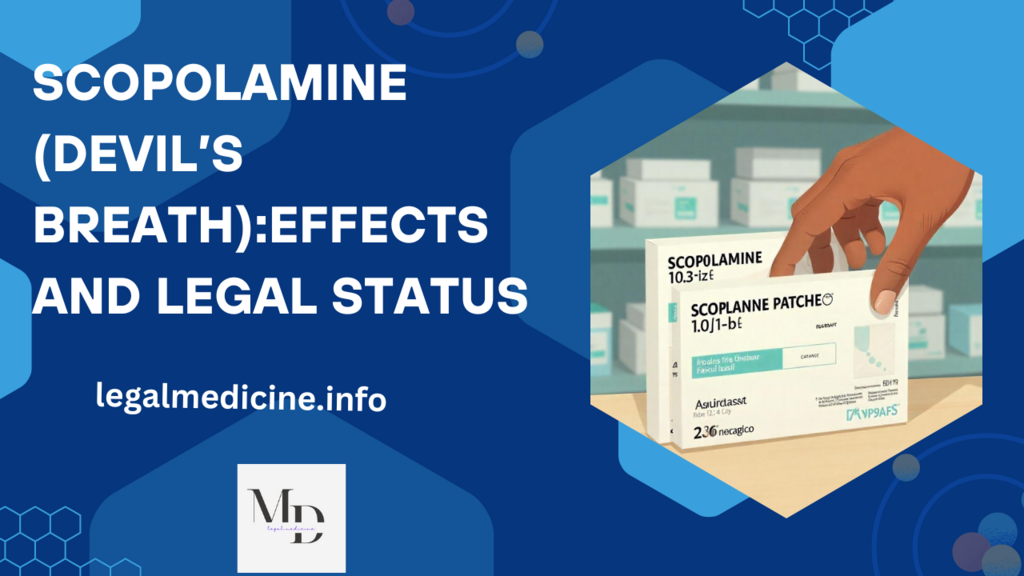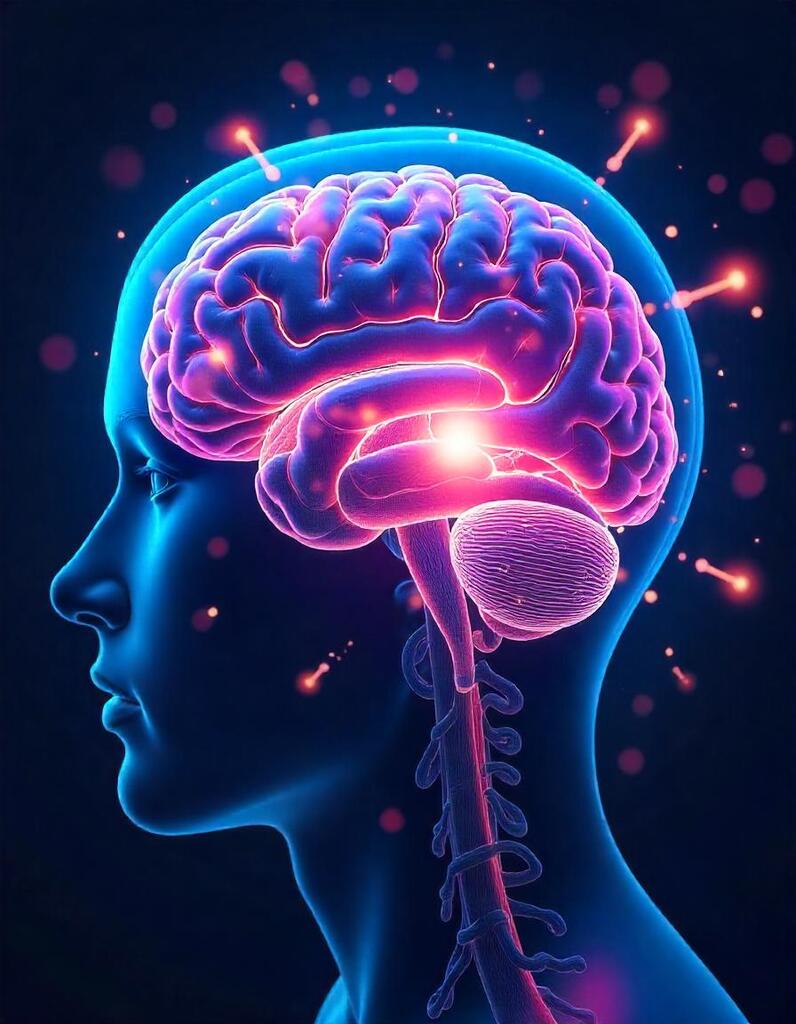Scopolamine (Devil’s Breath):Effects and Legal Status

Scopolamine, often called “Devil’s Breath,” has potent hallucinogenic and amnesic properties. While it serves legitimate medical purposes, criminals exploit its effects, raising concerns about its safety and legal status worldwide. This article explores the composition, source, mechanism, function, effects, price, long-term consequences, and legal aspects of scopolamine, including its current use in Bangladesh.
Composition of Scopolamine
Scopolamine is a tropane alkaloid that comes from plants in the Solanaceae family. Its chemical formula, C17H21NO4, allows it to act as an anticholinergic drug, blocking the neurotransmitter acetylcholine in the nervous system. This property makes it useful in medicine but dangerous when misused.
How Is Scopolamine Made?

Scopolamine extraction follows a systematic process:
- Harvesting the plant leaves and seeds – These contain the highest alkaloid concentration.
- Crushing and soaking – The ground plant material undergoes processing in a solvent like ethanol to release alkaloids.
- Filtration and purification – The solution is filtered to isolate the scopolamine compound.
- Crystallization and drying – Purification results in a final product that is either powder or liquid for medical or illicit use.
Source of Scopolamine
Scopolamine naturally occurs in several nightshade family plants, including:
- Datura stramonium (Jimsonweed)
- Brugmansia species (Angel’s Trumpet)
- Hyoscyamus niger (Henbane)
These plants grow abundantly in South America, particularly in Colombia, where criminals frequently misuse them.
Mechanism of Action

Scopolamine blocks acetylcholine receptors in the brain and peripheral nervous system. This interference leads to various neurological effects. Users may experience:
- Memory loss
- Hallucinations
- Loss of free will
- Drowsiness and confusion
Because it induces anterograde amnesia, criminals exploit it to make victims comply with commands without resistance.
Functions and Medical Uses
Despite its dangerous reputation, scopolamine serves several legitimate medical purposes:
- Motion sickness treatment – Doctors prescribe transdermal patches for nausea relief.
- Pre-anesthetic medication – It helps reduce saliva production before surgery.
- Parkinson’s disease management – Patients rely on it to control tremors and muscle stiffness.
- Gastrointestinal disorders – It plays a role in treating irritable bowel syndrome (IBS) and spasms.
Effects of Scopolamine (Devil’s Breath)

Short-Term Effects
- Dry mouth and blurred vision
- Dizziness and confusion
- Hallucinations and memory loss
- Loss of coordination
- Increased heart rate
Long-Term Effects
Prolonged use or high doses may cause:
- Cognitive impairment – Memory and learning difficulties
- Psychological disorders – Anxiety, depression, or paranoia
- Heart complications – Irregular heartbeat and increased blood pressure
Price of Scopolamine (Devil’s Breath)
Scopolamine rarely appears on the black market, but reports suggest varying prices:
- Bangladesh: Illicit sales range between ৳10,000–৳20,000 per gram.
- United States: Prices fluctuate between $50 and $100 per gram, depending on purity and demand.
Legal Status of Scopolamine (Devil’s Breath)
Governments regulate scopolamine strictly due to its potential for misuse:
- United States: Only available by prescription; illegal for recreational use.
- United Kingdom: Classified under the Misuse of Drugs Act.
- Bangladesh: Hospitals and licensed pharmacies are the only legal distributors for medical use.
Is Scopolamine Still Used in Bangladesh?
Doctors in Bangladesh prescribe scopolamine for motion sickness, pre-surgery sedation, and related conditions. However, reports indicate that criminals use it in drugging and robbery cases, particularly in urban areas.

FAQ
1. What makes scopolamine so dangerous?
Scopolamine induces amnesia and compliance, making victims vulnerable to crime without remembering events.
2. Can drug tests detect scopolamine?
Yes, specialized tests identify scopolamine in blood and urine. However, standard drug tests may not screen for it.
3. Is there an antidote for scopolamine poisoning?
Yes, physostigmine, a cholinesterase inhibitor, counteracts scopolamine’s effects in medical emergencies.
4. Can scopolamine be used recreationally?
Due to its strong hallucinogenic and amnesic effects, recreational use is extremely dangerous and not advisable.
For further information, visit the World Health Organization for safety guidelines on controlled substances.
Sources:
- World Health Organization (WHO)
- National Institute on Drug Abuse (NIDA)
- Journal of Medical Toxicology
